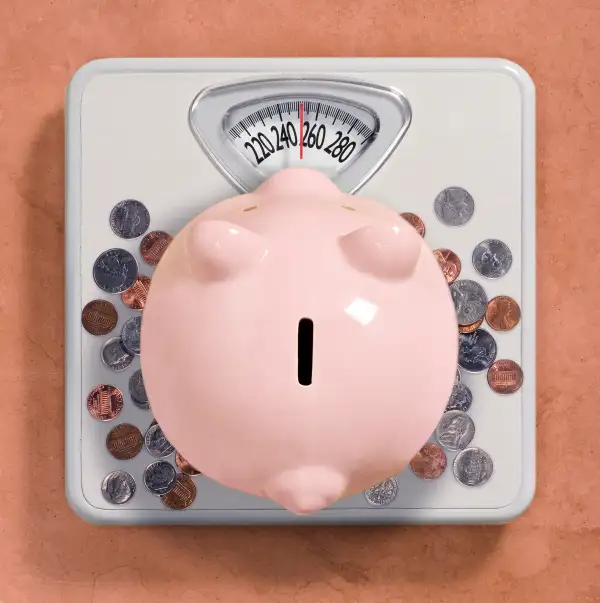4 Health Moves That Can Make You Richer

Welcome to Day 9 of Money’s 10-day Financial Fitness program. By now you’ve learned how to bulk up your savings, cut the fat from your budget, and boost your earnings. Today, taking care of your health.
Your physical health and your financial health go hand in hand, especially as rising deductibles and increased cost sharing leave you on the hook for more expenses when you get sick.
Plus, your pocketbook takes a hit when you're overweight: The annual cost of carrying extra pounds—including medical expenses, sick leave, and even gas for the car—is $524 for women and $432 for men, according to a 2010 study by the George Washington University School of Public Health and Health Services. And Fidelity estimates that a couple who retire in good health will spend 20% less on medical care than a couple in poor health will.
You know what helps: exercise, sleep, a healthy weight, and regular checkups. Here's how to make it easier to do the right thing.
1. Don't Pass Up Freebies
Under Obamacare, annual physicals and a long list of valuable preventive care, from cholesterol tests to colonoscopies, are fully covered by insurance, with no out-of-pocket costs.
2. Be Your Own Doctor
Not quite, but tech has made staying on top of your health easier—especially important with a chronic condition such as high blood pressure. The Health app that's part of the new Apple operating system unveiled last fall and the Health Tracker app for Android devices allow you to upload, input, and share health and fitness data.
3. Let Your Scale Motivate You
University of Minnesota researchers found that dieters who weighed themselves daily lost an average of 12 pounds in two years; weekly scale watchers lost only six. The once-a-day group was also less likely to regain the weight. Need help? Our sister publication, CookingLightDiet.com, offers healthy eating customized meal plans.
4. Make Tracking a No-Brainer
People who count their steps are more motivated to work out. But the novelty of fitness trackers like the Fitbit can quickly wear off. More than half of owners stop using them, a recent University of Pennsylvania survey found; a third bail within a month.
If that's you, add a tracking app such as RunKeeper or Moves to your phone instead. "Many people carry smart-phones everywhere," says Mitesh S. Patel, an internist and researcher at the Wharton School. "If we really wanted to improve the health of the population, smartphone trackers are an easier place to start."
Previous:
- 10 Days to Total Financial Fitness
- 4 Ways to Hit Your Money Goals
- The Easiest Way to Check Your Credit—Fast
- 5 Ways to Invest Smarter at Any Age
- How to Start Tracking Your Spending in 7 Minutes Flat
- 3 Ways to Cut the Fat From Your Budget
- 4 Surefire Strategies for Powering Up Your Savings
- The 3 Best Ways to Boost Your Earnings
Next:
- Day 10: Shore Up Your Safety Net
